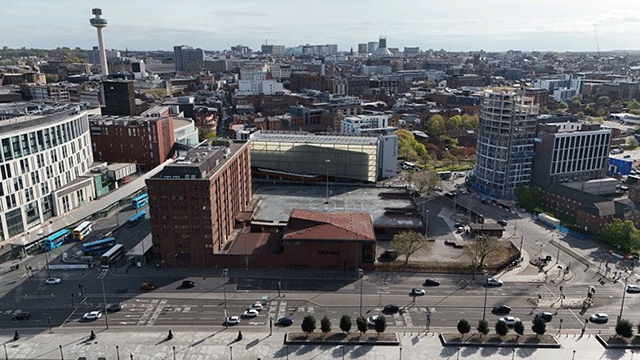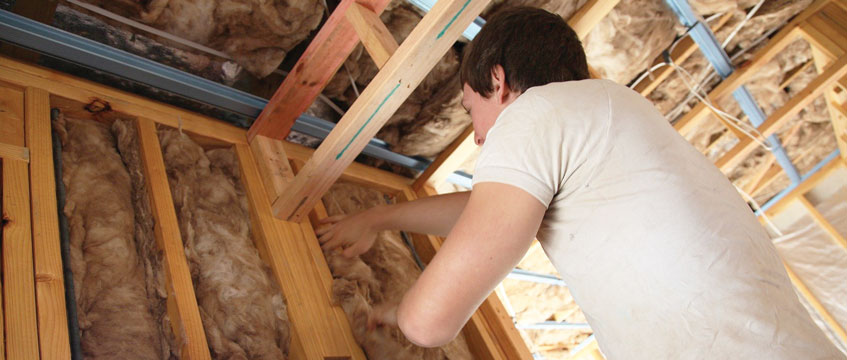Greenhouse gas emissions from the UK’s commercial and residential building stock have dropped by only 6% in the last decade.
New research shows that whilst progress in driving down GHG emissions has been made among the key EU economies analysed –Germany (-19%), France (-31%) and the Netherlands (-36%) – emission reductions in these countries are now stalling, while the UK’s emissions are also beginning to plateau.
Meanwhile, emissions from buildings in the world’s largest economy, the US, are increasing (+3%).
The report by 3Keel and Kingspan says the UK’s limited progress is, in part, explained by a withdrawal of government support in 2012 for residential energy efficiency improvements.
It also highlights that retrofitting is being relied upon as a fundamental decarbonisation lever in the UK, expected to represent over 90% of required building emissions reductions.
However, it warns that “recent policy changes by the UK government are not providing the long-term certainty, or support, required by businesses, landlords and homeowners alike to invest in energy efficiency measures”.
The Global Retrofit Index study follows an inaugural study last year and this time focusses on the highest performing EU countries from the first report with the addition of Ireland as a new case study (GHG emissions down 25% over the past decade) and the US.
Based on the current expected trajectory of building emissions reductions, it concludes that none of the countries assessed will meet their net-zero climate commitments.
Improvements in Energy Performance Certificate ratings have stagnated across the UK, France and Ireland, with the vast majority of certificates still rated as D or C.
Similarly, Germany’s housing stock remains over-reliant on fossil-fuel heating.
The study outlines sizeable barriers to retrofitting national building stocks including private investment, workforce skills shortages, and limited awareness among the general public.
As well as the reductions in building emissions over the past decade, the research shows the additional cuts in building emissions required to align with the national net-zero ambitions of each country (see table below).
If each of the six countries continue with their current emissions reduction trajectory and retrofitting rates over the past 10 years, by 2040 they will still be some way from achieving their respective net-zero goals.
To send feedback, e-mail julia.cahill@eg.co.uk or tweet @EGJuliaC or @EGPropertyNews











